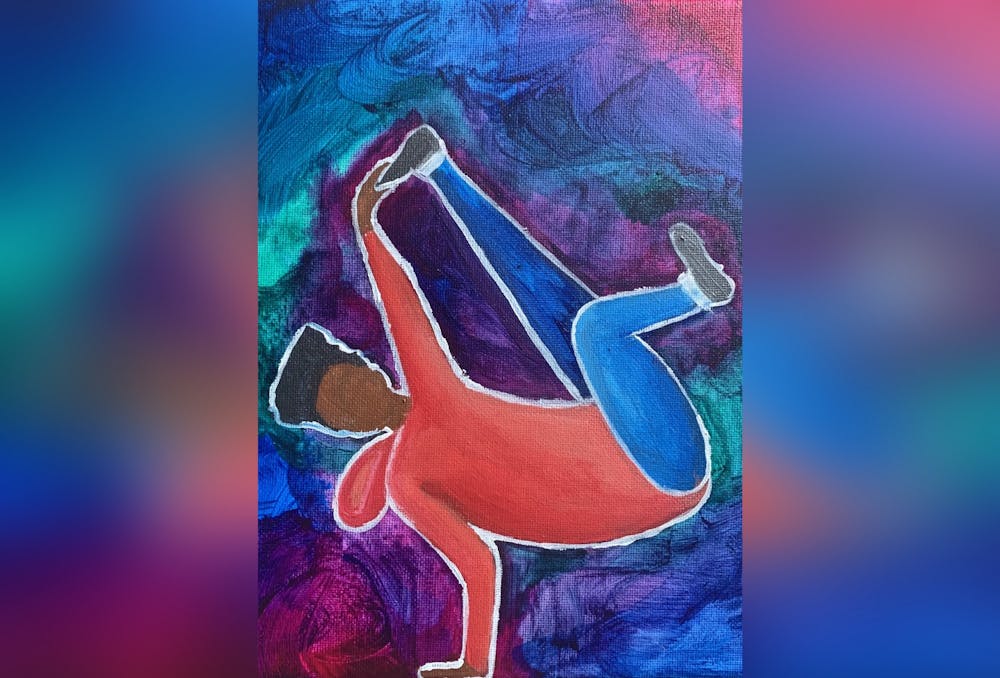K-pop, also known as Korean pop, has been gaining popularity throughout the world due to BTS’ breakout in the American music industry in 2018. Despite K-pop’s prominence in Western culture, Black people are underrepresented in the genre.
From the style of music and hair to the types of dance moves, there is plenty of Black culture within K-pop. Some K-pop artists wear their hair in braids, cornrows or dreadlocks. The artists are also influenced by hip-hop and R&B ballads in their music.
“‘The Miseducation of Lauryn Hill’ was the first album my dad bought me. Beyonce’s ‘DANGEROUSLY IN LOVE’ was the first CD I bought for myself. Janet Jackson taught me the power of movement of dance and expression. Missy Elliott is why I am so obsessed with my video visuals,” K-pop star CL said in a letter posted on her Instagram last June.
“There is a prevalent use of Black hair styles such as NCT Dream member Chenle’s copper colored cornrows and Black Pink member Lisa’s use of silver braids in the music video ‘Kill This Love,’ arts and culture reporter Saeed Saeed said in The National News last June.
IU freshman Marlin Walker is a Black student who is part of Di:verse, a K-pop dance group on campus. Walker has been dancing to K-pop for eight years.
“I never thought IU would have any groups that share similar interests especially when it comes to K-pop,” Walker said. “Di:verse has never made me feel anything less than family and for that I’m grateful.”
Walker creates K-pop dance content outside of Di:verse by posting dance covers on Youtube.
“I personally have experienced a few negative comments like people telling me Black men shouldn’t be dancing to K-pop or if you like K-pop you must be gay,” Walker said. “However, I never let these comments sway me from doing the one thing that I love the most and that’s dancing to K-pop.”
Black IU senior Apollo Eon has been part of another K-pop dance group on campus for two years — UNI.SON. Eon has always been fascinated about Asian culture and started dancing just two years ago.
“After joining UNi.SON, we would often participate in many cultural dance events for IU,” Eon said. “It was always a pretty fun and wild experience. Of course it would be stressful beforehand when we’re practicing and getting ready for events but dancing with other K-pop people is always a love I have.”
Eon creates new K-pop dance cover content for his 67.2K following on TikTok. He dances to K-pop girl groups and boy groups.
“At first I was thrown off with the comments and I never thought about receiving hate,” Eon said. “There was a comment that said ‘this pile of poop is dancing to these songs.’ There were other comments about my hair and my facial expressions.”
Black Americans should feel included in the K-pop community.
“I know that we are years and years away from actual inclusivity within the K-pop community, I believe that the community, as a whole, could support and hype up Black men the same way they do every other race, ethnicity and gender,” Walker said.
He said this can start with more representation throughout K-pop, because that will create a more inclusive space.
“Whether it be through dance or singing covers, or any other form or entertainment, I think that it’s important to show Black men that they too are included especially during the rough and critical times that they face now in our society,” Walker said.






